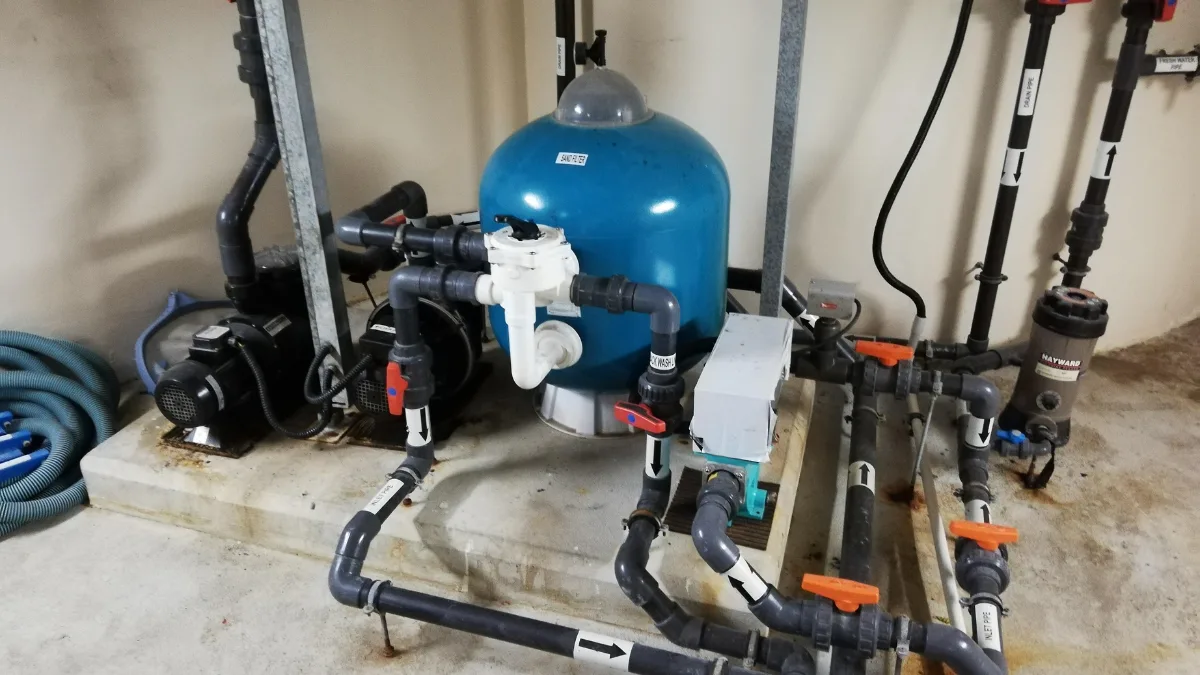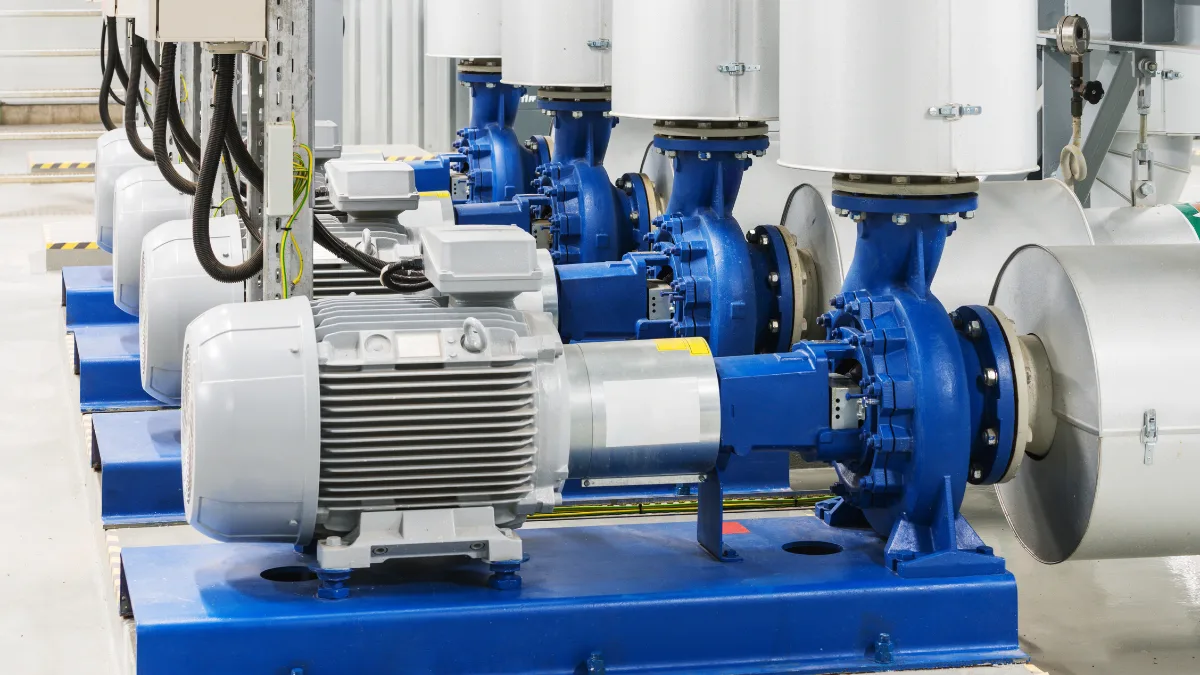Bluetooth water pumps are becoming more and more popular as the smart home era develops.
The Bluetooth water pump offers convenience and efficiency, with control via smartphone certainly provides many benefits in using it.
This article will discuss in full about Bluetooth water pump starting from the definition, how it works, benefits, examples of application, to regulations for its use in Indonesia.
What is a Bluetooth Water Pump?

A Bluetooth water pump is a water pump device that allows Bluetooth connectivity so that it can be controlled using an app on a smartphone or tablet.
With smartphone control, you can turn on/off the pump, adjust the speed, or even set the operating schedule through the app. Not only that, it is also possible to control the use of the water pump remotely.
How Does it Work?
In simple terms, a Bluetooth water pump works by combining the working principle of a traditional water pump with Bluetooth technology for remote control. Here’s how it works in detail:
- Sensor reads the water level: Data from the sensor reading the water level is sent to the microcontroller.
- Relay turns the water on and off: The microcontroller sends a command to the relay to turn the pump on or off.
- Control via smartphone: The information is also displayed on the app on your smartphone, so you can view the water status and control the pump at any time.
Using your smartphone, you can also set automatic water level limits. For example, the pump will turn on when there is only 30% water left, then turn off when the tank is filled.
The Benefits

Using a Bluetooth water pump will provide many benefits, especially for controlling the pump remotely. Here are some of the main benefits:
1. Perform remote control
One of the benefits of the Bluetooth water pump is its ability to perform remote control. With its connection to your smartphone, it is possible to control the water pump either scheduled or on a schedule from anywhere.
2. Increase productivity
Increasing productivity is another benefit of using this water pump. With the ease of monitoring control, you can save time and effort in managing the watering system, allowing you to do other things and increase productivity.
3. Integration with smart home apps
Using a Bluetooth water pump allows the device to be integrated with other smart home systems. This, of course, makes your home more modern with automation in water management.
4. Flexibility of use
Another benefit of this water pump is its flexibility of use. This device can be applied in many ways, such as irrigation systems, hydroponics, aquariums and fish ponds, robotics, and IoT applications.
5. Energy efficiency
Energy efficiency is another benefit of using Bluetooth water pumps. Energy and water wastage with this device can be reduced with regular control and scheduling of the water pump operation.
The Application
Here are examples of some applications of Bluetooth water pumps:
- Hydroponics: Provides a water supply for plants automatically.
- Irrigation systems: Provide remote control over garden or farm irrigation.
- Aquariums and fish ponds: Provide convenience for water circulation, cleaning, and maintenance.
- Drinking water pump: Maintain stable water pressure in the piping system, preventing overpressure or underpressure.
- Industrial Pumps: Maintain proper fluid flow and pressure, which is critical to the production process.
- Robotics and IoT applications: Provide control of water pump systems that can be integrated in projects.
Regulation in Indonesia

The Bluetooth water pump uses technologies such as Bluetooth that operate within a specific frequency spectrum. In Indonesia, any Bluetooth-based wireless device is required to have a DJID (Directorate General of Digital Infrastructure) under the Ministry of Communication and Digital (KOMDIGI).
Bluetooth water pump regulation is based on KEPMEN No. 260 Tahun 2024, which requires all radio frequency-based devices to meet specific technical standards before being sold in the country.
The DJID certification ensures that the product meets government safety and quality regulations and does not interfere with other communication devices. The certification process involves technical testing, such as frequency adjustments, safety checks, and compatibility with the surrounding environment.
Once the tests are completed, products that pass are listed in a Test Result Report, which confirms that the product is safe and ready for sale in Indonesia. This report reassures customers that the product meets technical standards and is secure.
For companies wanting to sell a Bluetooth water pump in Indonesia, Type Approval Certification Services for ICT Products are available to assist with this process. This service includes preparing technical and legal documents, conducting required testing, ensuring compliance with regulations, helping companies streamline the certification process, and giving consumers confidence in certified products. [UN].

